5 Great Ways to Teach Kids About Traveling Sustainably
A trip away is a great opportunity for kids to learn their travel choices matter – whether eating out, exploring a foreign city, or going on safari, as Nomad Joanna Tovia discovers.
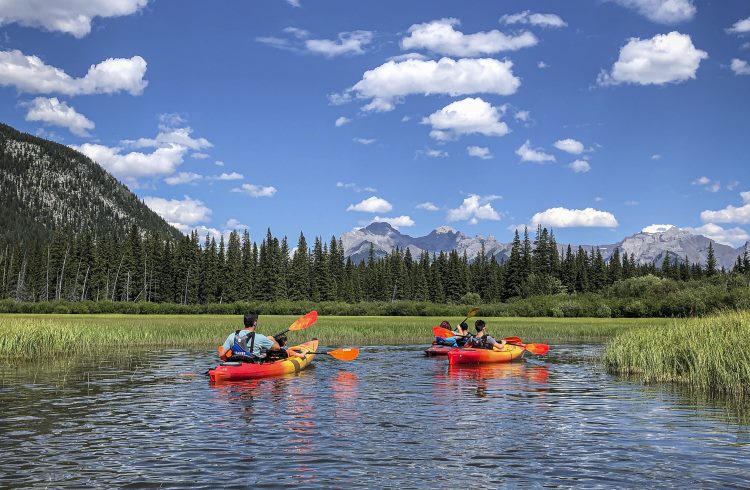 Photo © Getty Images / Cavan Images
Photo © Getty Images / Cavan Images
By the time they reach high school, kids these days tend to be far more eco-savvy than we were at the same age. Now that we know better, it’s our responsibility to teach children how to respect the planet, especially when we travel – and it’s never too early to start.
When at home, I dutifully refill my stainless-steel water bottle, tote a reusable shopping bag around, and hand over my eco-cup at cafes – yet on the road with my family, plastic bags, single-use cups, and bottles of water became the norm.
It took a family trip to Japan for me to change my ways. Traveling just before COVID-19 hit, we spent a few days in Tokyo before setting off on a week-long walk through Tohoku in northern Japan.
The excess of packaging on items ranging from single pieces of fruit to drugstore purchases had us rethinking our habits. A single bandage was wrapped in plastic, encased in a plastic container and wrapped in plastic again – twice – before being placed into a plastic shopping bag at the checkout!
But weren’t we part of the problem? I vowed the next time I traveled to Japan, I would do it differently. At the checkout, I’d know to say watashi wa hitsuyō arimasen (‘I don’t need’) as I popped the purchase into my own shopping bag; we’d carry our own water bottles, cutlery and eco-cups, and take a compact first-aid kit (no more plastic-wrapped bandages for us). In short, I vowed that all four of us would travel far more consciously from then on.
Of course, there are myriad ways families can become better travelers. Here are some of them.
- Mindful packing
- Ethical eating while traveling
- Ethical animal encounters
- Reducing your travel footprint
- Teaching kids about respectful travel
Mindful packing
Most of us try to pack lightly when we travel, and refillable mini-toiletries are one way to do so. Shampoo bars are an even better choice – and once you try them, you’ll wonder why you didn’t do so earlier. Letting kids know that 80 billion plastic shampoo and conditioner bottles are disposed of around the world every year should give them the incentive they need to change their own hair-washing habits for the better.
Pack reef-safe sunscreen, bamboo toothbrushes, and natural insect repellent, and you’re on your way to becoming true eco-travelers.
Kids and snacks go hand in hand, but the packaging waste can really accumulate when you’re on the go. Pack reusable (and collapsible) food containers and snack bags (they’re lightweight and don’t take up much room), and enjoy street food and takeout with your own sets of reusable bamboo or stainless-steel cutlery.
Packing a portable washing bag and eco-friendly laundry soap bar can also be a smart move that reduces how many clothes you have to lug around on your journey.
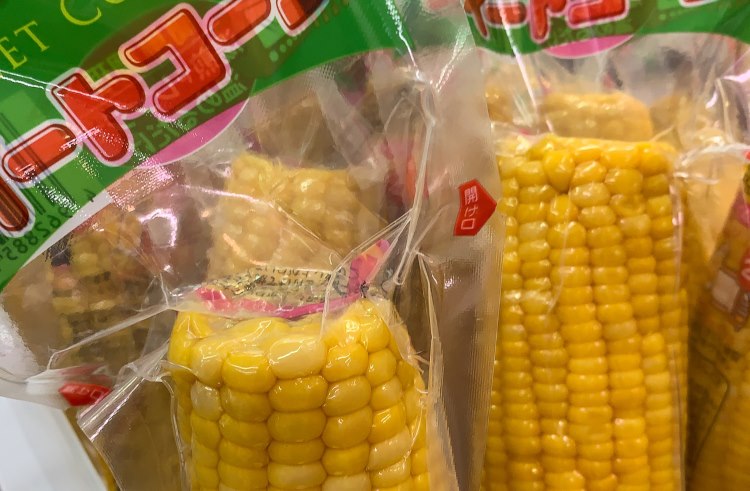
Ethical eating while traveling
Travel offers a fabulous opportunity for families to immerse themselves in a destination through food. Even the pickiest of eaters can become more adventurous away from home.
However, be careful you’re not unwittingly eating a vulnerable or endangered species and that no animal has gone through unnecessary suffering to provide you with something exotic to eat or drink.
Cat poo coffee, for example, is made from the droppings of caged civet cats who don’t typically have much of a life. Making decisions out loud on what to consume educates kids without it feeling like a lecture.
Ethical animal encounters
Most kids are naturally drawn to animals, and an animal encounter is likely to be one of the highlights of any family trip. The trick is to make sure any tour, safari, sanctuary, or zoo puts animal well-being ahead of profit.
Riding camels in Western Australia? Ethical camel operators will happily share how their camels are treated and trained. Snorkeling with whale sharks in the Maldives? Make sure it’s a conservation-minded operator.
Even visits to animal sanctuaries require forethought – if rescued animals are used for entertainment or hands-on encounters and selfies, beware. Animals should be observed from a distance and be left to live their lives free of stressful interactions with humans.
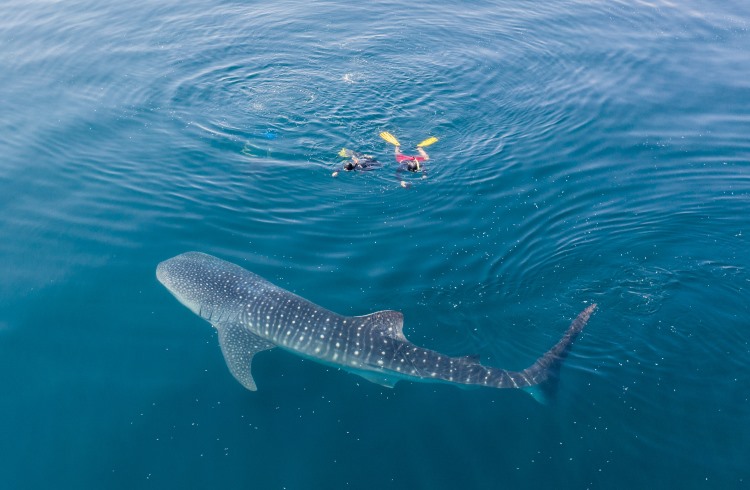
Reducing your travel footprint
Low-impact travel has never held so much appeal. With social distancing likely to be with us for some time, seeing the sights by bike, kayak, or on foot ticks this box while also reducing your travel footprint.
When you do have the opportunity to travel again, why not make the most of it and stay a while? Slow travel is far less exhausting for kids and will give the whole family a deeper understanding of a destination’s culture and quirks.
If getting around under your own steam isn’t practical for your family, opt for train travel over flights, and public transport over taxis or private cars. It’s not just eco-friendly – it may also be a whole lot more fun.
Teaching kids about respectful travel
Exploring the world with an open mind is the first step to for kids to become compassionate global citizens; it’s a gift for kids to learn how to witness different customs and beliefs without judgment.
Before you leave home, have school-aged kids research how to be culturally sensitive at religious sites, in restaurants, and even on public transport. Learning that what they do at home may not be accepted elsewhere can also provide valuable perspective.
If kids are old enough to have their own phones, teach them how to ask permission before taking a photo – and how to say thank you in the local language. A little kindness can go a long way.
Related articles
Simple and flexible travel insurance
You can buy at home or while traveling, and claim online from anywhere in the world. With 150+ adventure activities covered and 24/7 emergency assistance.
Get a quote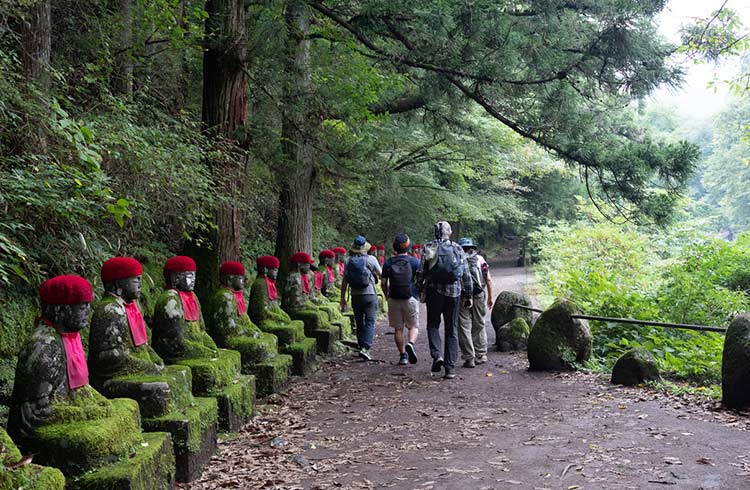
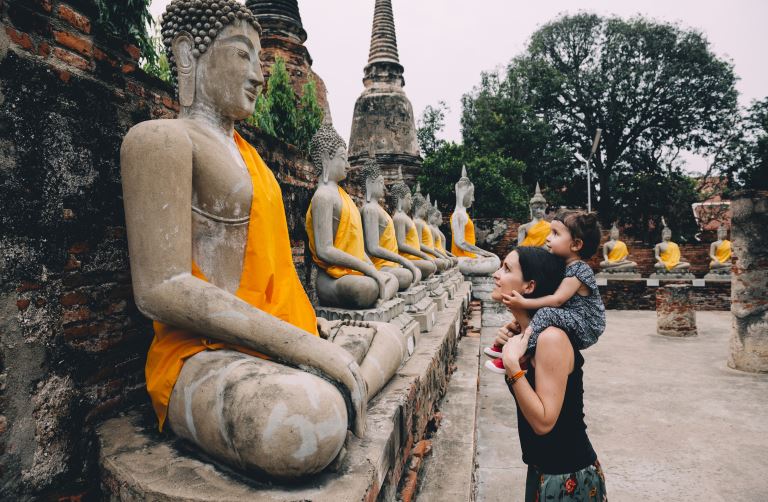
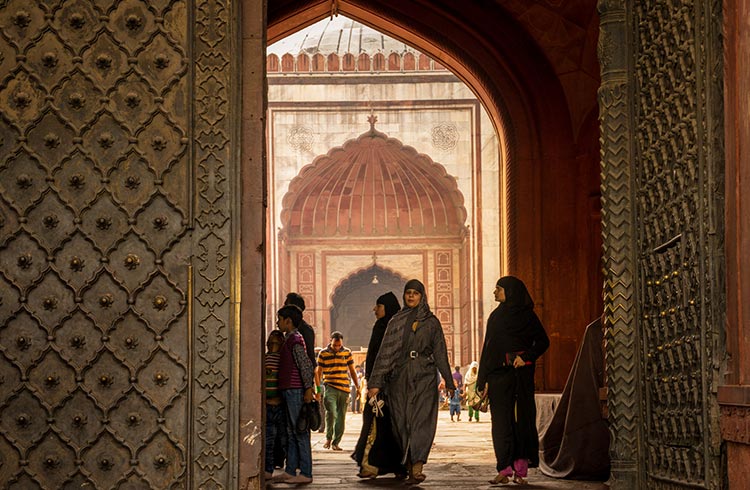
No Comments